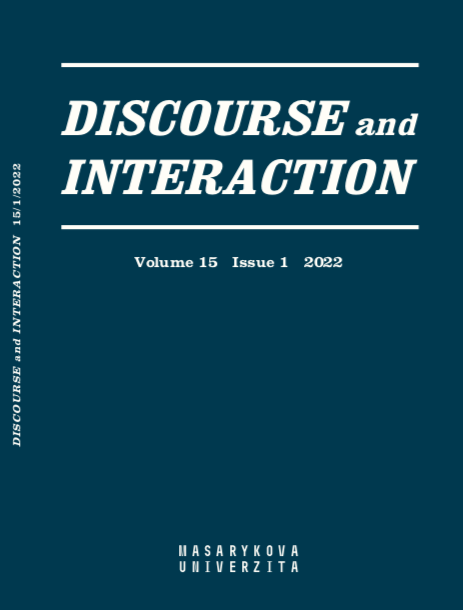The law review paper between the Kingdom of the law and the realms of academia: A systemic functional analysis of adverbial clauses
The law review paper between the Kingdom of the law and the realms of academia: A systemic functional analysis of adverbial clauses
Author(s): Najla FkiSubject(s): Language studies, Language and Literature Studies, Syntax, Pragmatics, Stylistics
Published by: Masarykova univerzita nakladatelství
Keywords: legal genres; generic stability; law review article; adverbial clauses; lexico-grammatical choices
Summary/Abstract: Legal discourse has long been classified among those genres that defy generic changes the most (Gocić 2012). Recently, however, hybrid legal genres have been challenging this generic stability by imposing their own norms to coin a novel kind of ‘legal culture’ (Goźdź-Roszkowski 2011: 11). The law review article is a case in point for it combines both legal and academic standards of writing which make it “far richer in intertextuality and interdiscursivity” (Bhatia 2006: 6) than the traditional set of legal genres. This generic subversion can be traced in the lexico-grammatical choices made by the authors to turn their papers into influential legal sources rather than mere descriptions of the law. In this context, this study aspires to scrutinize the use of adverbial clauses as one specific lexico-grammatical choice in a corpus of 44 accredited law review papers with the aim of showing how this hybrid genre strives to evolve beyond the stagnation of what is termed ‘language of the law’. Specifically, a Systemic Functional Linguistics analysis of the semantic, structural and thematic uses of these structures is conducted to demonstrate how the hybridity of contexts in a single genre can make for unprecedented generic breaches. The quantitative and qualitative analyses revealed an uneven distribution of adverbial patterns in favor of non-finite purpose and finite condition, concession and reason clauses. Additionally, the positional distribution of these patterns is manipulated whenever the need arises to hedge claims as a form of allegiance to the communal demands of the law and academia. These choices are found to comply with the authors’ needs to balance both legal and academic rituals of writing while observing at the same time their personal needs to be highly acclaimed as legal scholars and to “publish or perish” (Christensen & Oseid 2008: 1).
Journal: Discourse and Interaction
- Issue Year: 15/2022
- Issue No: 1
- Page Range: 5-28
- Page Count: 24
- Language: English

